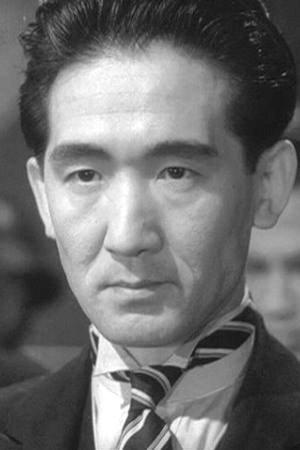
Hyo Kitazawa
Birthday: Born in 1911-05-18 in Tokyo, Japan
Deathday: 1980-08-04
TV Credits
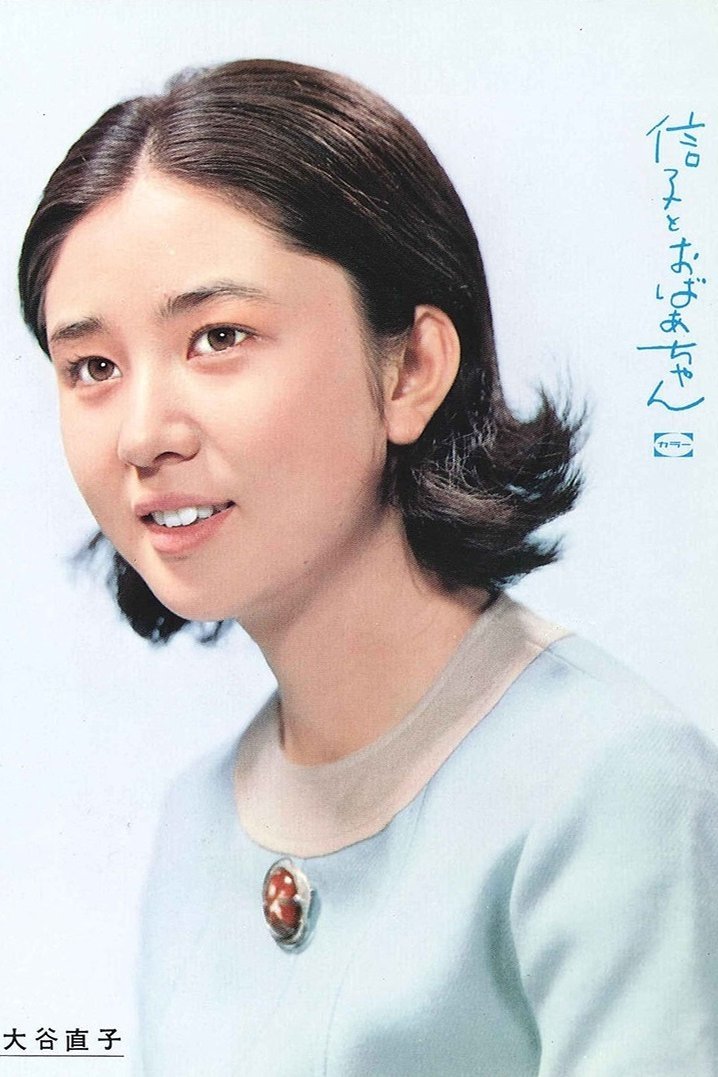
信子とおばあちゃん
Character: 父・健一
The 9th NHK Asadora. Starring Naoko Otani as a young woman living with her grandmother....
Movie Credits
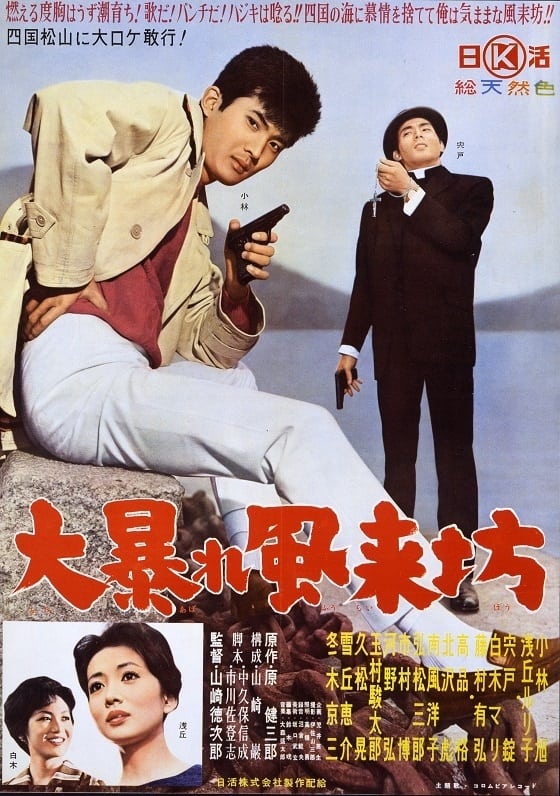
The Angry Rambler
Character:
Fourth installment of Nikkatsu's "Drifter" series, with Kobayashi Akira....
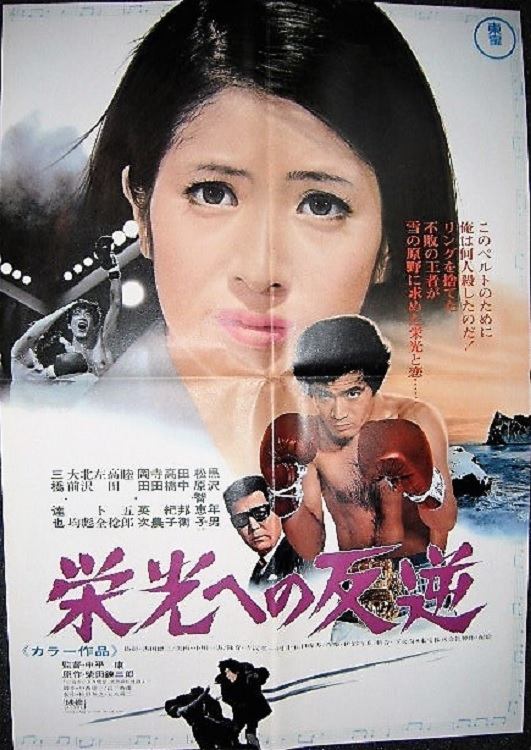
Rebel Against Glory
Character:
...
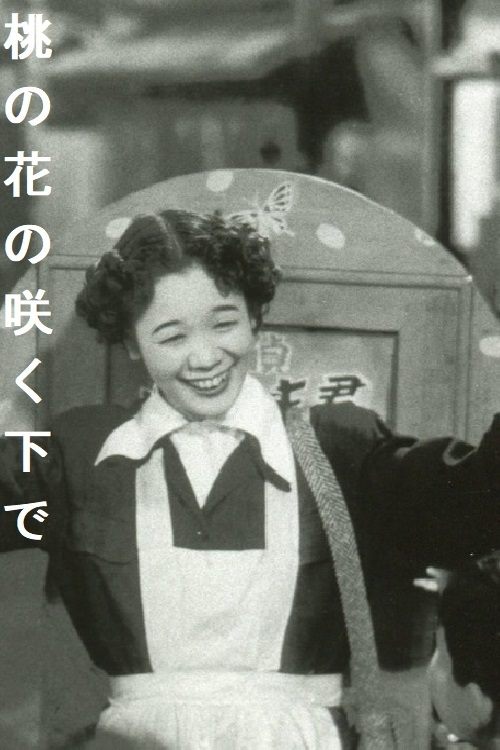
Under the Blossoming Peach
Character:
A picture-story-show operator, accompanies her son, Akira, who lives apart from her, to a hot-spring medical treatment and spend a moment of brief happiness together, but eventually the time comes to say goodbye. The portrayal of the children and the atmosphere of the hot spring resort shine through in this film about a mother by master filmmaker Hiroshi Shimizu....
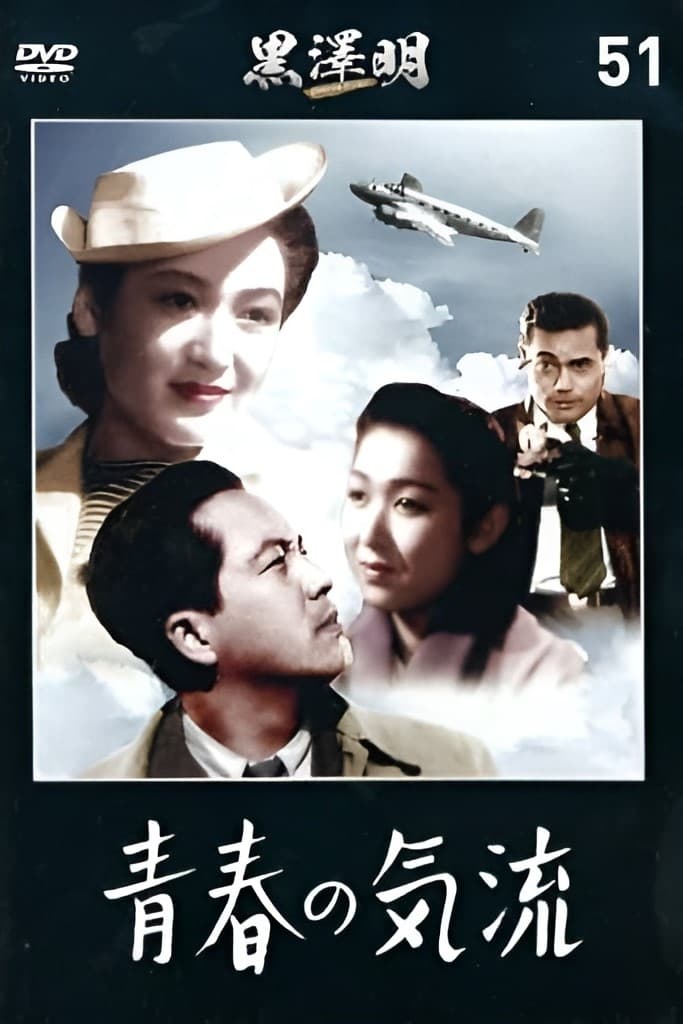
Currents of Youth
Character: Designer
It was supposed to be about a love story, but it was and was not. An aircraft mechanic working for the government is matched by his boss with the latter man's daughter (Setsuko Hara) who is both beautiful and aggressive. Yet, he picks a woman who is less assertive as his bride....
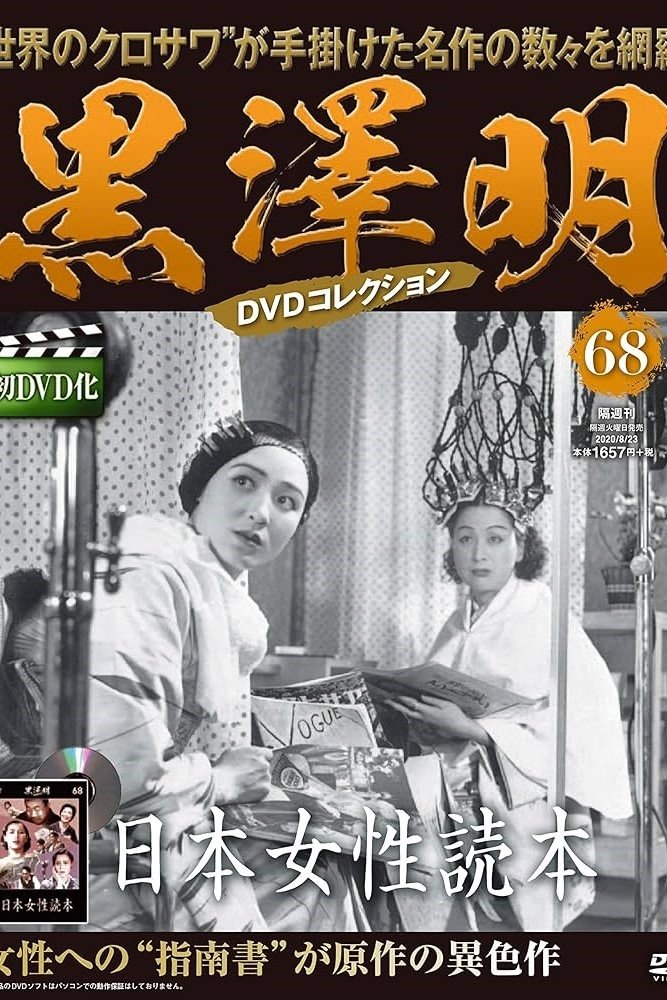
Japanese Women's Textbook
Character: (Volume 2)
...
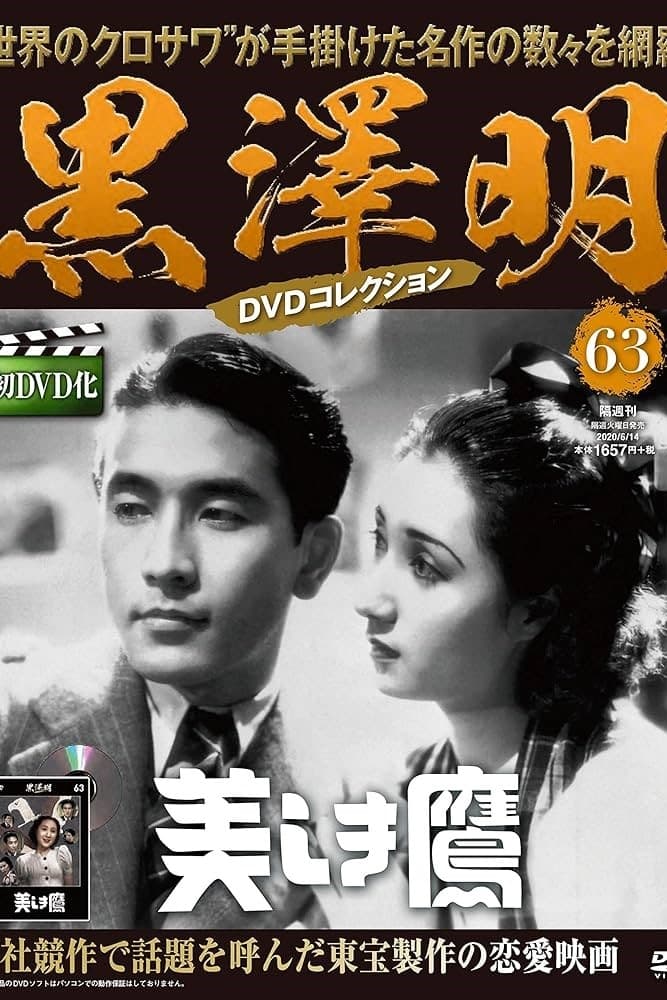
The Beautiful Hawk
Character:
One of three titles released the same year, with the same title based on the same story. This is the P.C.L. (Toho) Version...
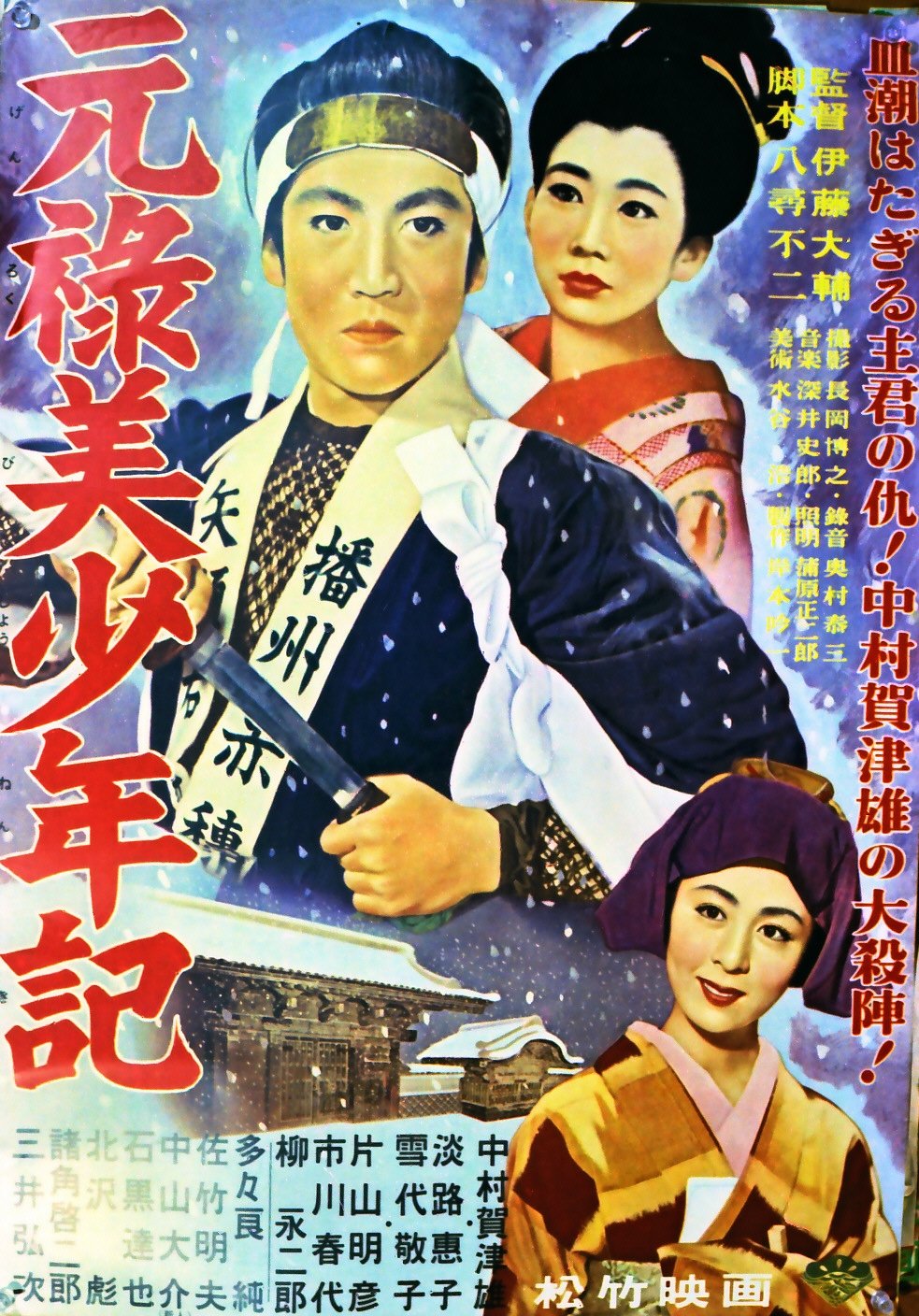
元祿美少年記
Character: 神崎与五郎
On February 4th of the 16th year of the Genroku era, Yatō Uemon no Shichi reminisces while waiting his turn for seppuku at the Mizuno residence. When news of his lord, Asano Naganori, attacking Kira Yoshinaka in the palace reached Akō, Uemon no Shichi was sixteen. The family elder, Ōishi Kuranosuke, determined to avenge, gathered allies, but Uemon no Shichi's father, Chōsuke, being sickly and considered too young, was not included. Chōsuke committed suicide....
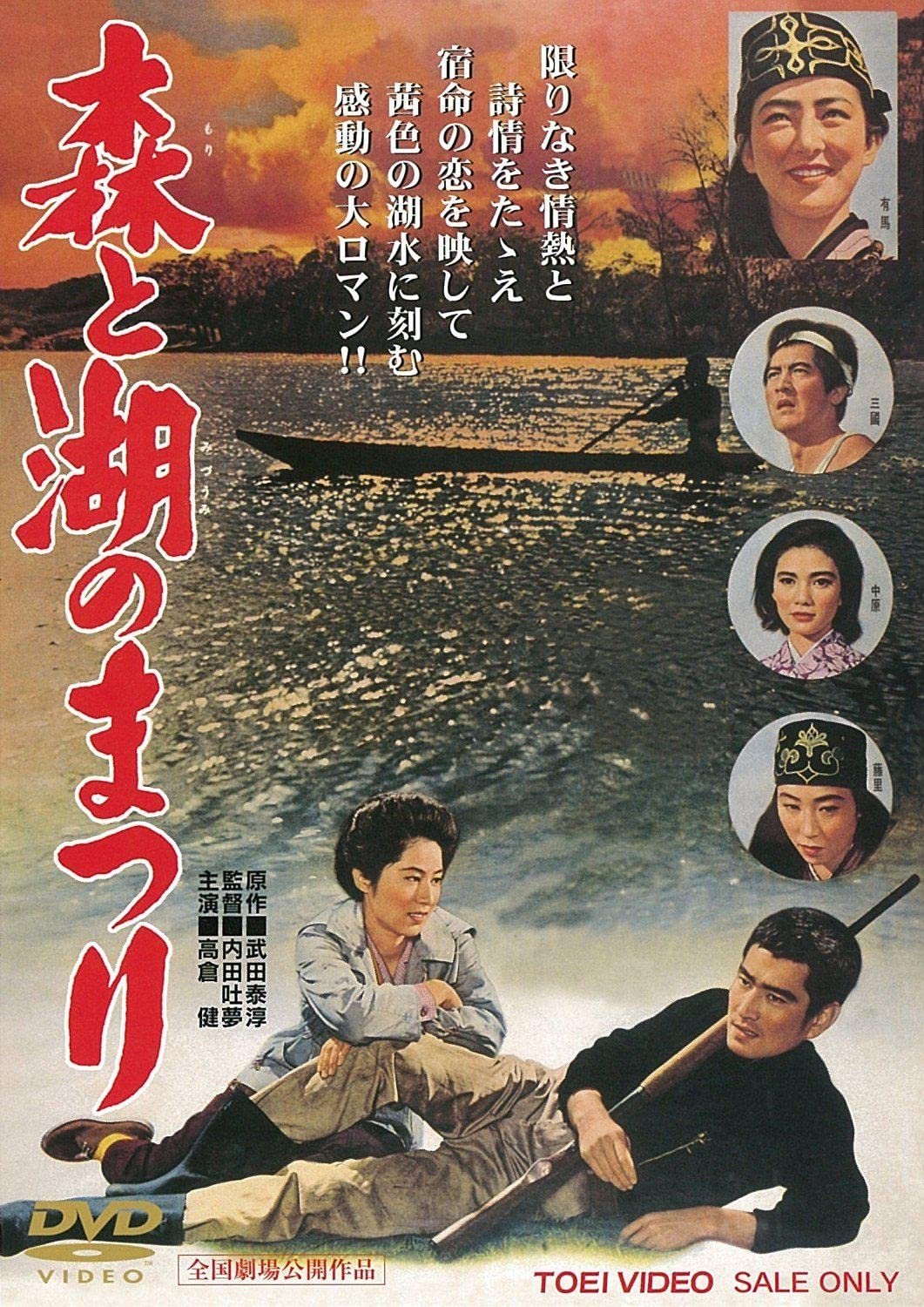
The Outsiders
Character:
A drama about relations between Japanese immigrants and the indigenous Ainu on Hokkaido, the most northerly island of Japan. From a novel by Taijun Takeda....
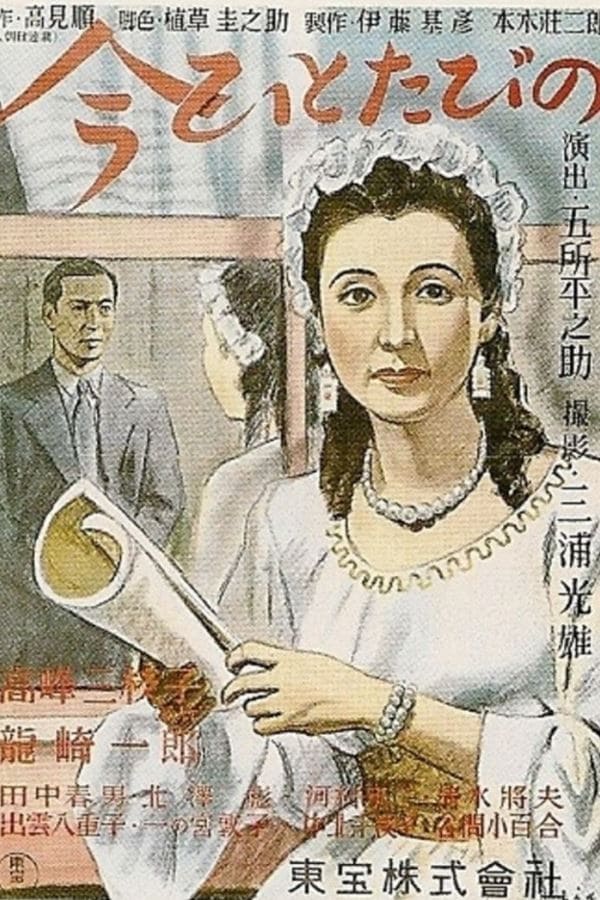
Once More
Character:
A romance with political overtones about the relationship of a sheltered bourgeois woman and a doctor who devotes himself to caring for the poor. Over a ten-year period - from 1936 through the war - they find each other and are separated again by the events of those tumultuous days....
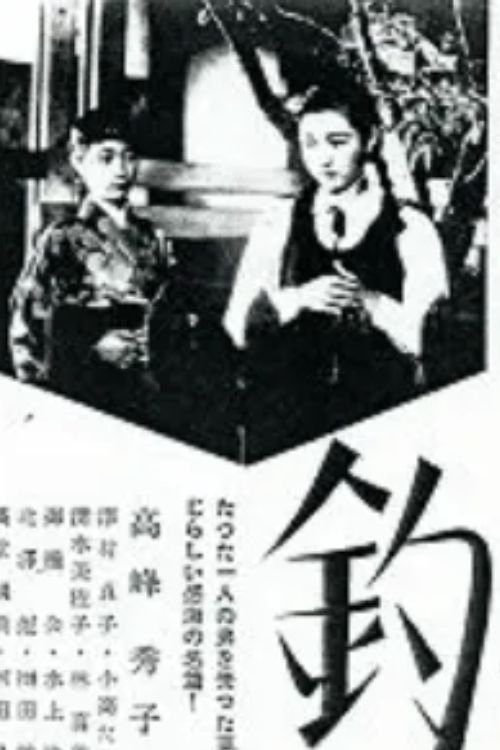
Bellflower
Character: Teacher
Following Flower Picking Diary (1939), Tamizo directed another film starring Hideko Takamine, based on a story by Nobuko Yoshiya. Takamine plays a poor young girl, trying to become a teacher on her quest to become independent to be able to look after her younger brother. But then tragedy strikes......
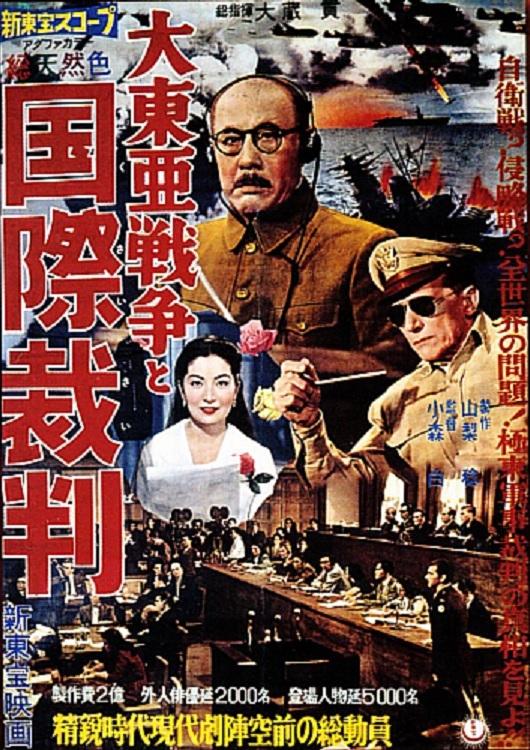
The Pacific War and the International Military Tribunal
Character: Shumei Okawa
In 1941, overpopulated Japan faces an economic boycott and its armed forces push further to the south. And despite negotiations between Japan and the U. S. A. war is declared with the attack on Pearl Harbour. Victories follow for Japan on land and sea and her forces push forward to the borders of India. But gradually the tide turns in favour of the Allies and after the atom bombings of Hiroshima and Nagasaki, Japan is compelled to accept the Potsdam Declaration and by the order of the Emperor ag...
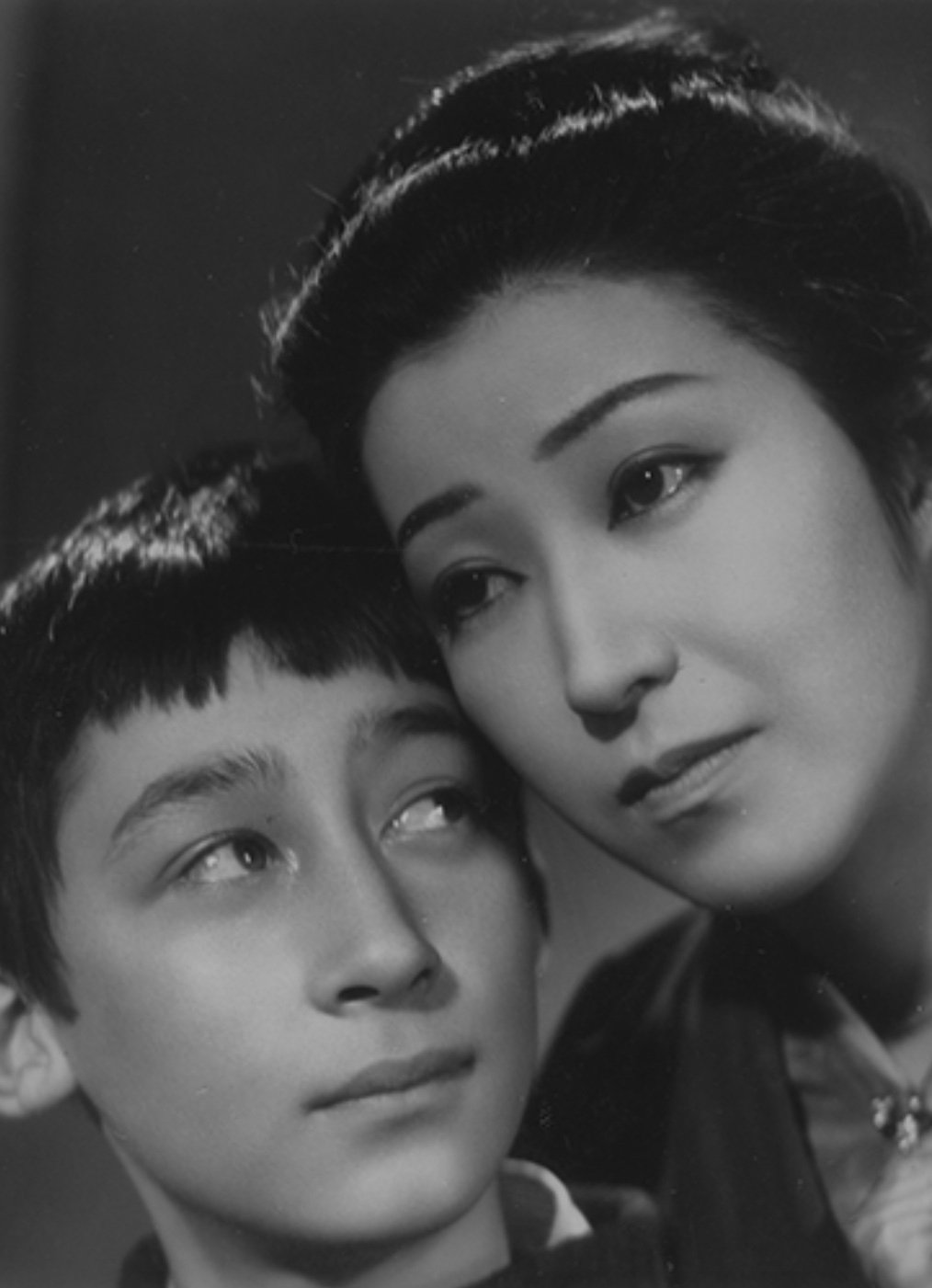
Karayuki-san
Character:
"Karayuki-san offers a no-holds-barred depiction of the discrimination faced by a former prostitute who returns to Japan from Singapore with her mixed-race son." - Alexander Jacoby (Oxford Brookes University)...
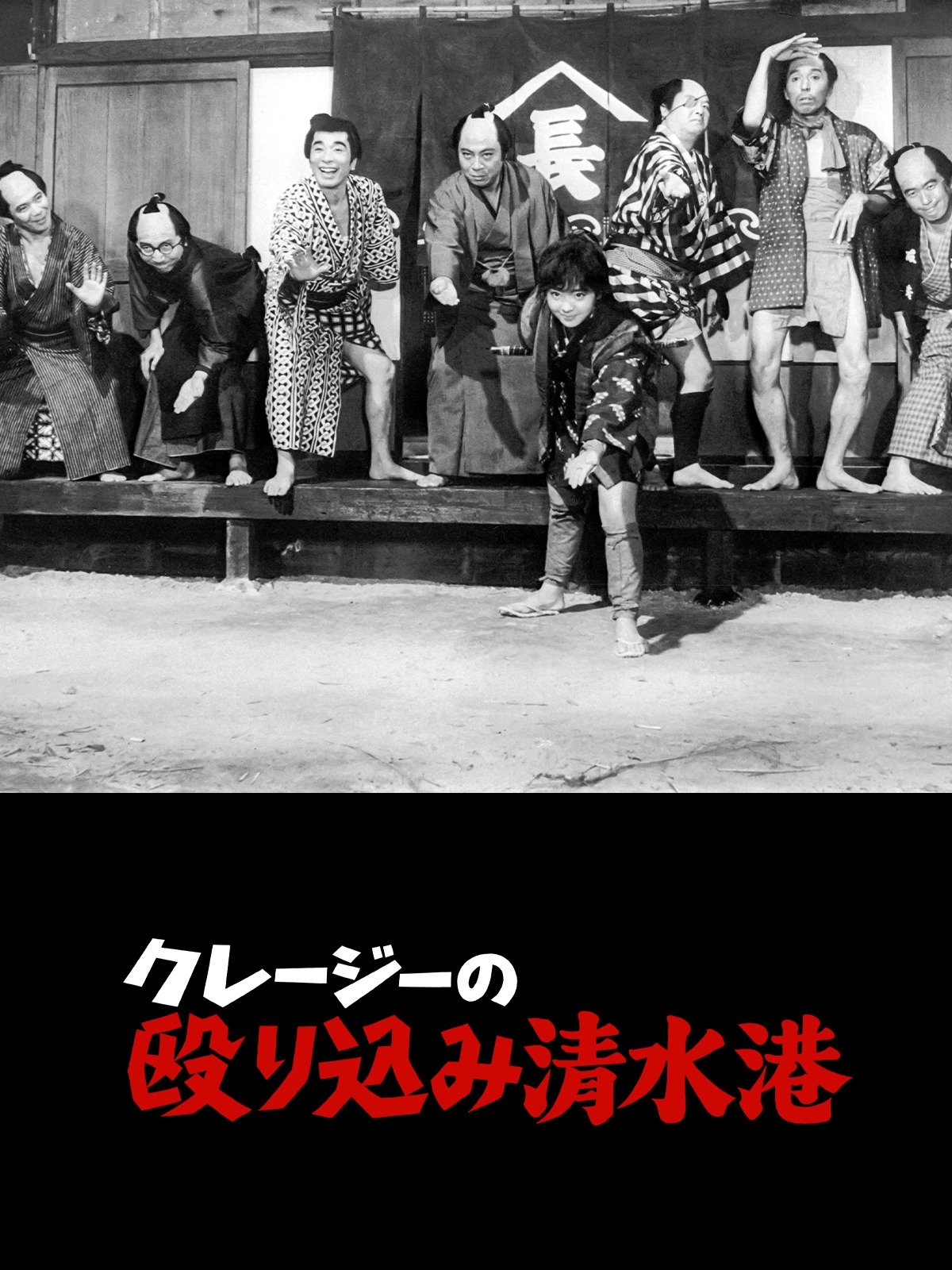
Crazy Violence at Shimizu Harbor
Character:
The 14th and final "Crazy" feature. The Crazy Cats reunited (minus Ishibashi, who had by then retired from the team) for one last feature, Jun Ichikawa's odd Memories of You (Kaisha mono-gatari, 1988) released by Shochiku. Most of the cast of Crazy lrresponsibles at Shimizu Harbor (1966) return in this sequel....
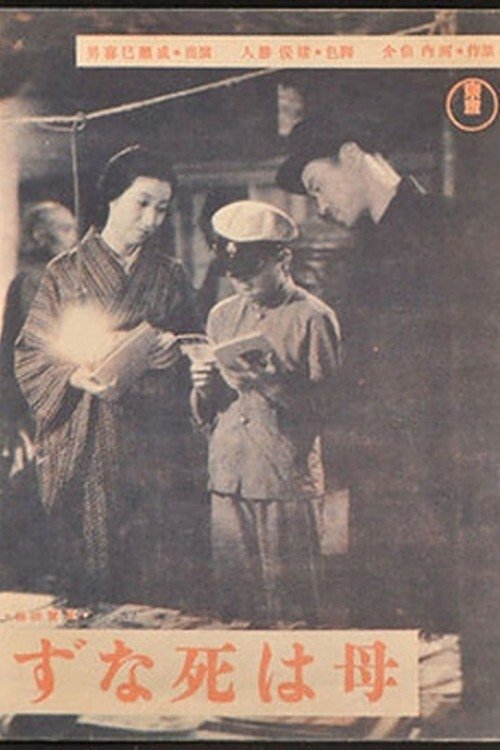
Mother Never Dies
Character:
The premature death of a young mother serves as inspiration for her husband and son....
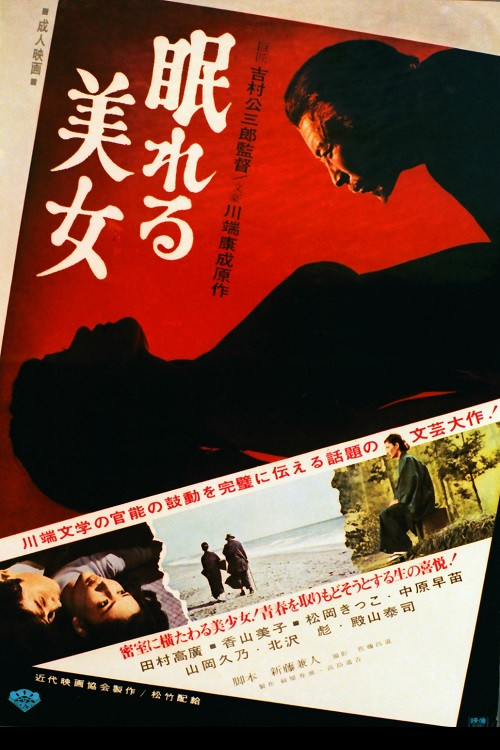
The House of the Sleeping Virgins
Character: Old Kiga
About an establishment where old men pay to sleep besides young girls that had been narcotized and happen to be naked, the sleeping beauties. The old men are expected to take sleeping pills and share the bed for a whole night with a girl without attempting anything of bad taste like putting a finger inside their mouths....
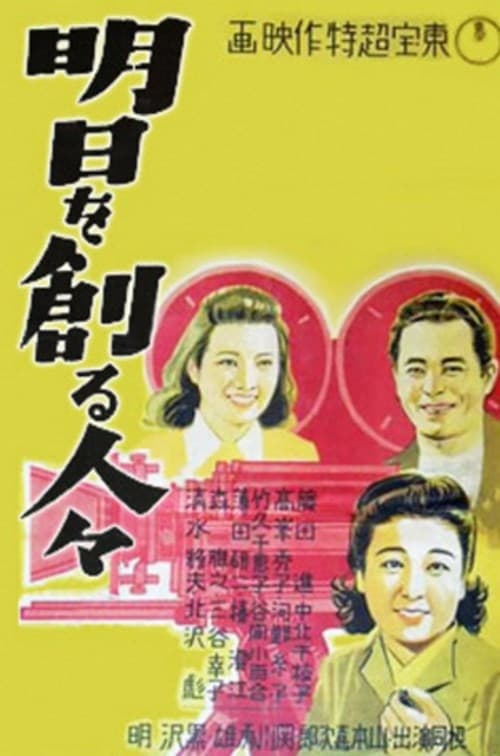
Those Who Make Tomorrow
Character: Director (uncredited)
Two sisters, one a dancer and the other a script supervisor at a big movie studio, become embroiled in union activities when a strike is called in sympathy with striking railroad workers, one of whom boards with the sisters and their parents. The girls' father argues with them about their strike but finds his views changing when he loses his job....
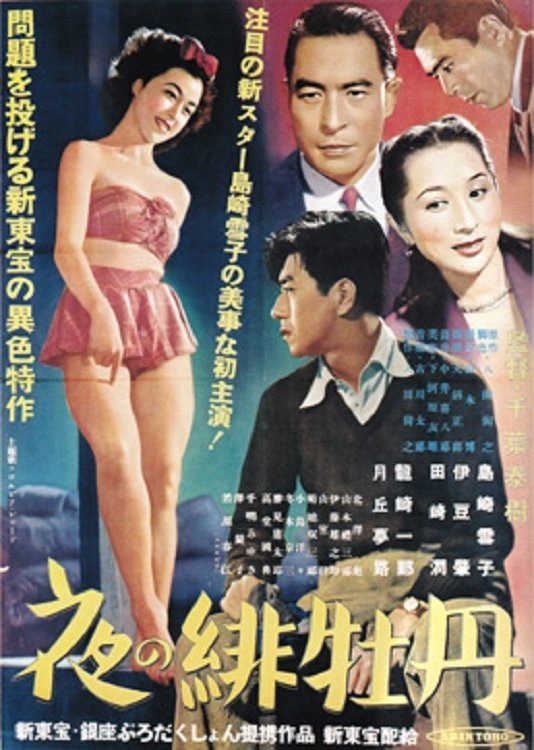
Red Peony of Night
Character: Dr. Tanigawa
A romantic melodrama about the shifting relationship between Ryosuke and Miki as their precarious employment and social circumstances shift around them....
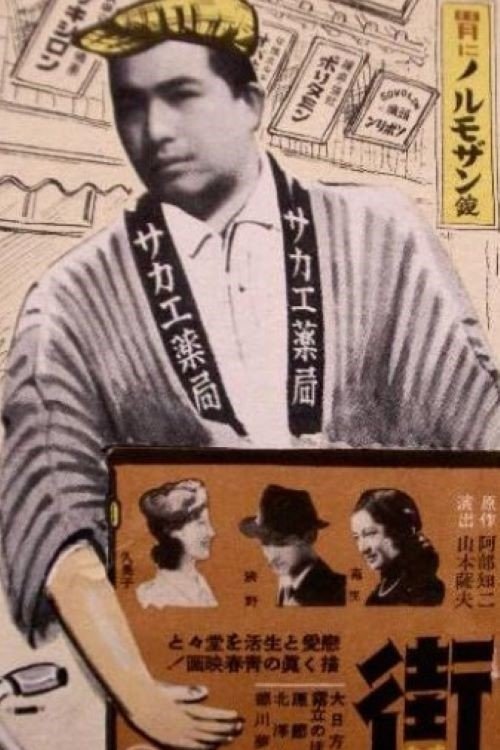
Machi
Character: Kurama Sanu
...
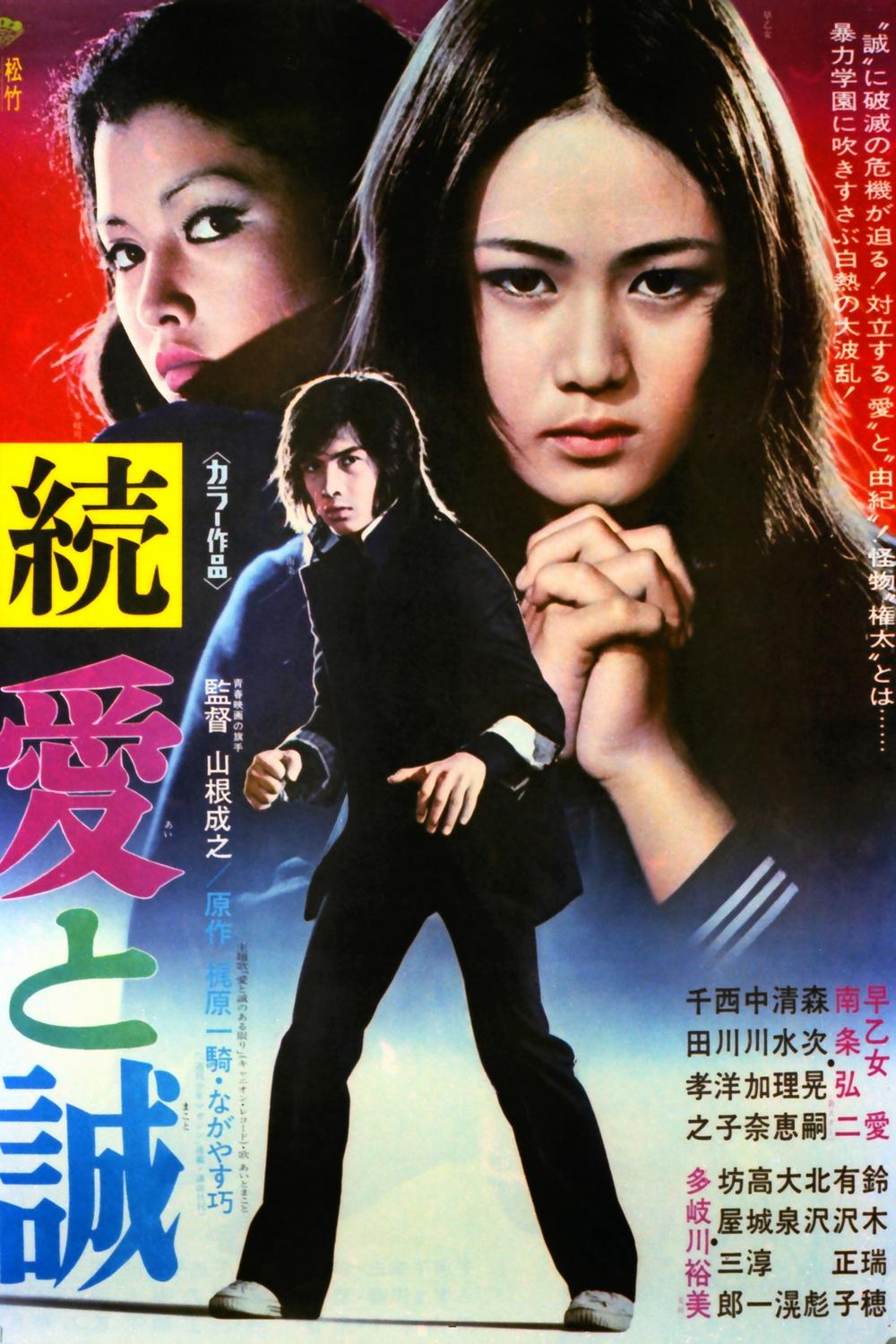
The Legend of Love & Sincerity: Continuation
Character:
Meet Saotome Ai, a high school girl from a well-to-do family. When she was a small child, she was in an accident that resulted in a young boy being permanently scarred between his eyes while she emerged unscathed. The young boy saved her life and although she never knew who he was, she never forgot him. Meet Taiga Makoto, a young man with a scar between his eyes who has had a rough life, but has emerged as a rough, tough bully - a thug and a brawler and about as rude as they come - all of which ...

A Woman's Sorrows
Character:
Young Hiroko’s (Takako Irie) conservative principles place her at odds with most modern women, as she has already submitted to her mother’s choice of man for any marriage prospect. Married into an affluent family that practically treats her as a housemaid, locked away like a “doll” by her estimation, Hiroko’s own submission to traditional thinking brings contradictions to light....
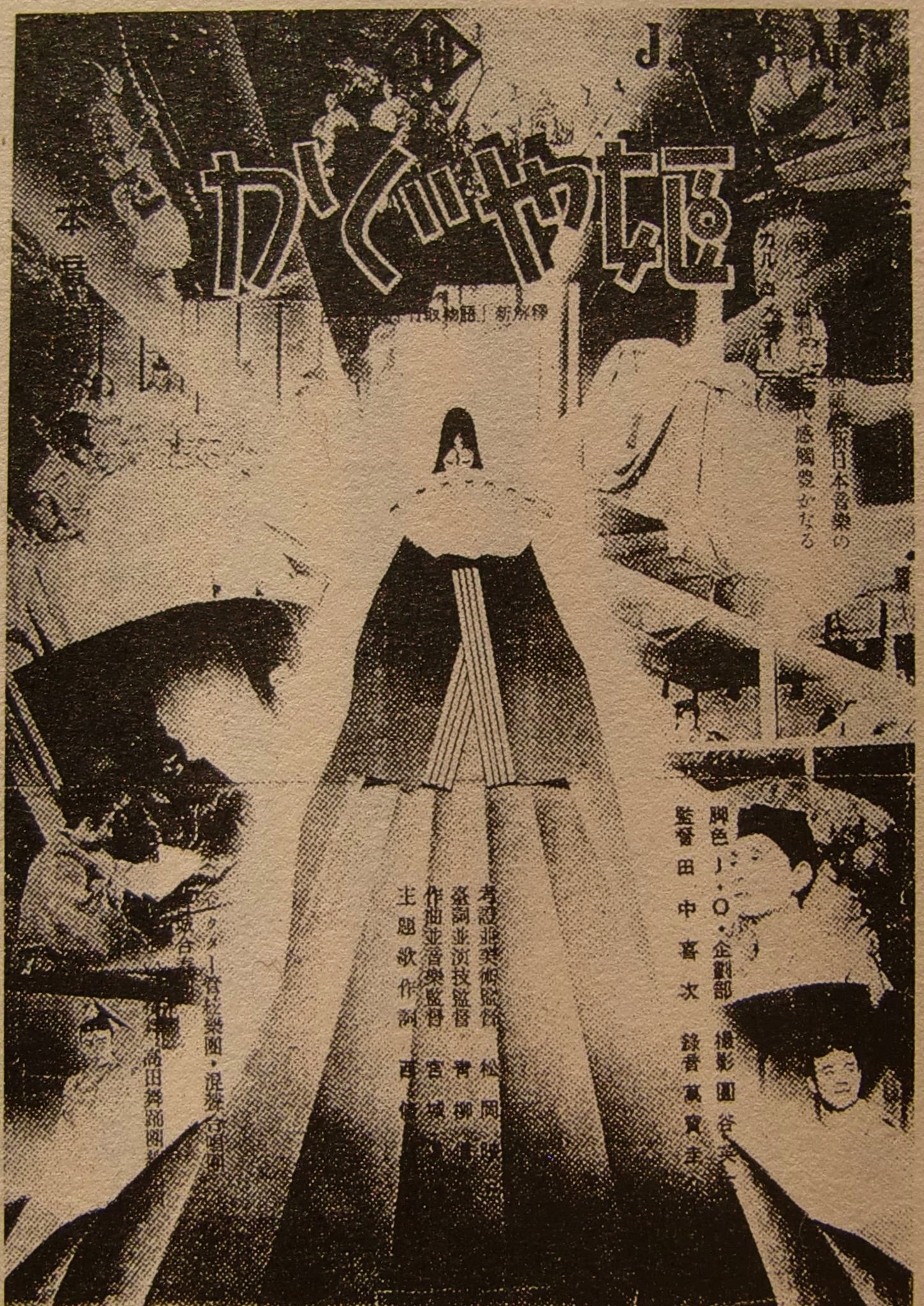
Kaguya Hime
Character:
Toho's production of the classic Japanese fairytale....
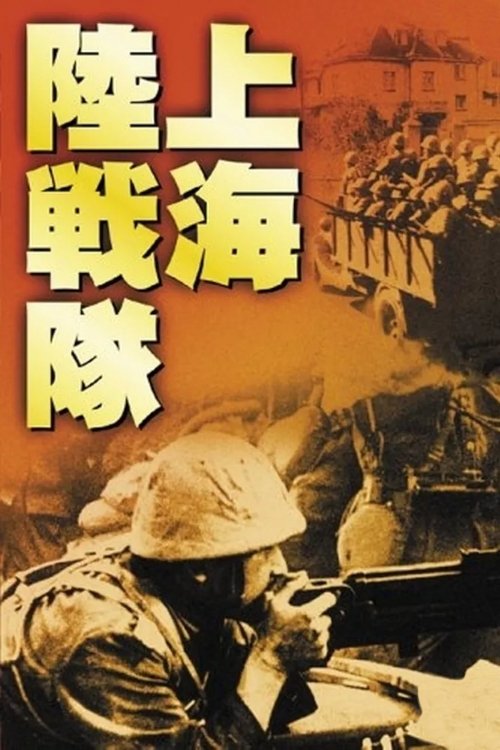
Shanghai Landing Party
Character:
This film attempts to reconstruct the tension of the Battle of Shanghai through an episode in an understated way, introducting its story in a documentary mode. In the film story, Japan's marine regiment protects Japanese residents and Chinese refugees-women and young children-from rampant street fighting, Shanhai Rikusentai unsparingly uses its first eight minutes for an official-mannered self-justification of the war. From the viewpoint of explaining Japan's military operation,the narration ref...
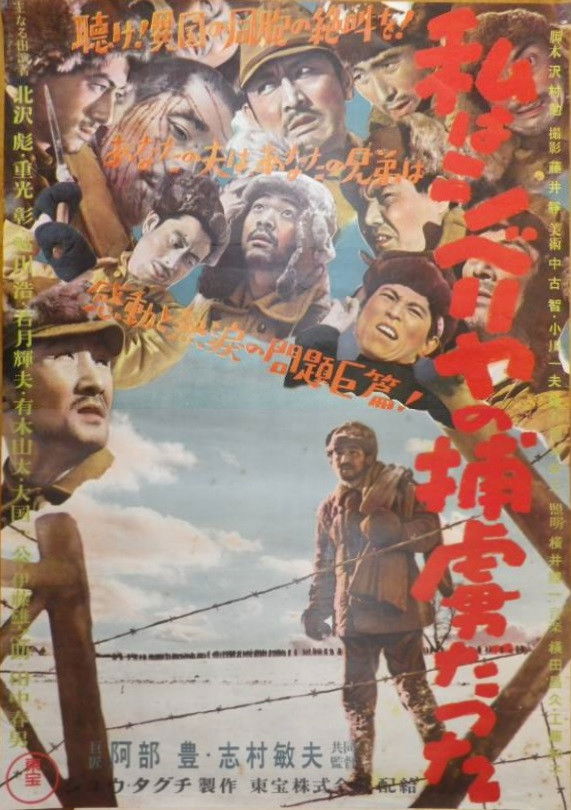
I Was a Prisoner in Siberia
Character:
...
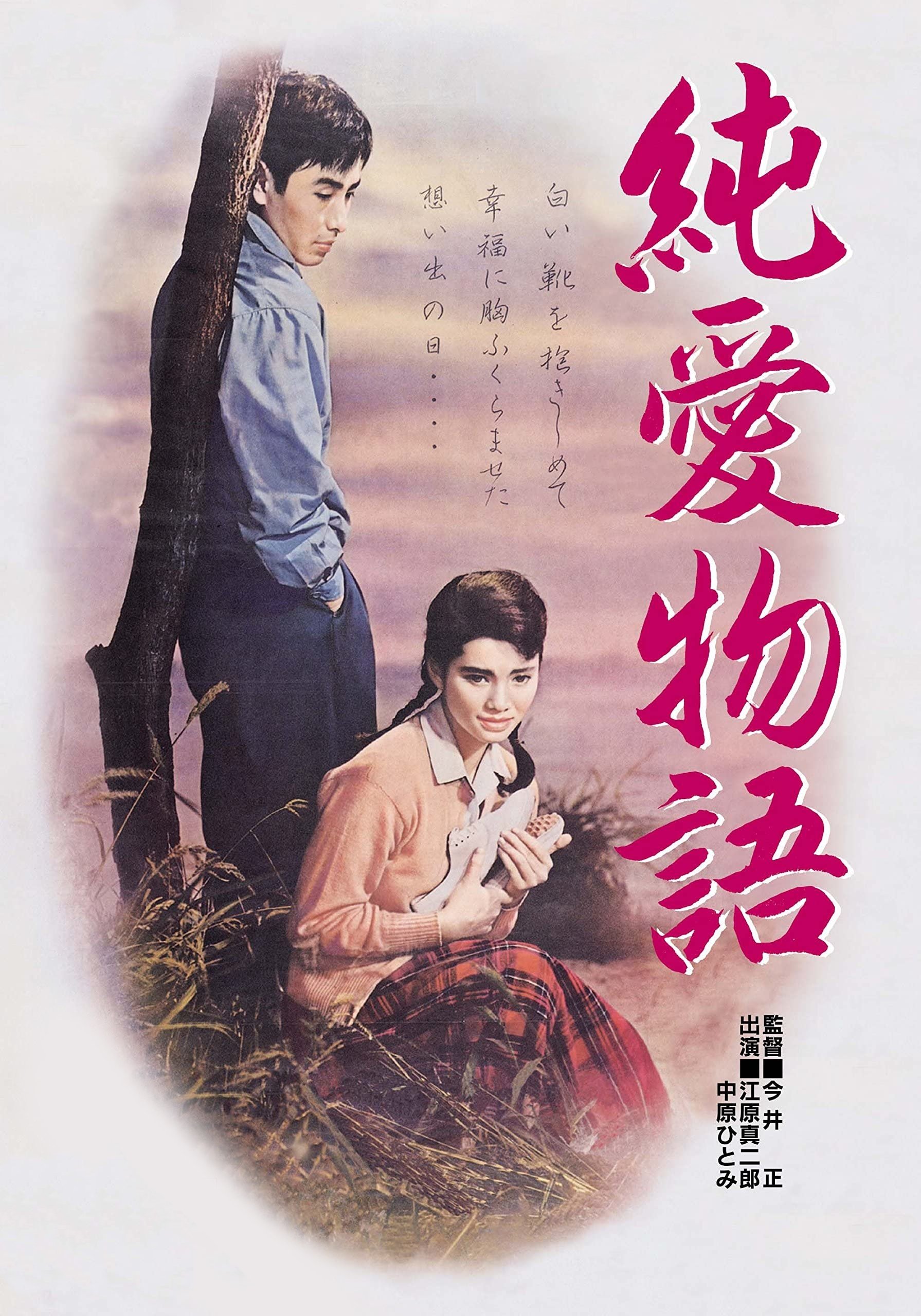
The Story of Pure Love
Character: Hospital doctor
Junai Monogatari AKA Story of Pure Love is about two poor youths, Mitsuko and Kando, rebelling against society in various ways, who are desperately trying to be together despite tortuous circumstances. The film depicts their lives as thieves, menial laborers who can get little pay, society outcasts, and of course, lovers. Junai Monogatari depicts, mostly, their struggles within the Japanese reformatory system and Mitsuko's worsening sickness....
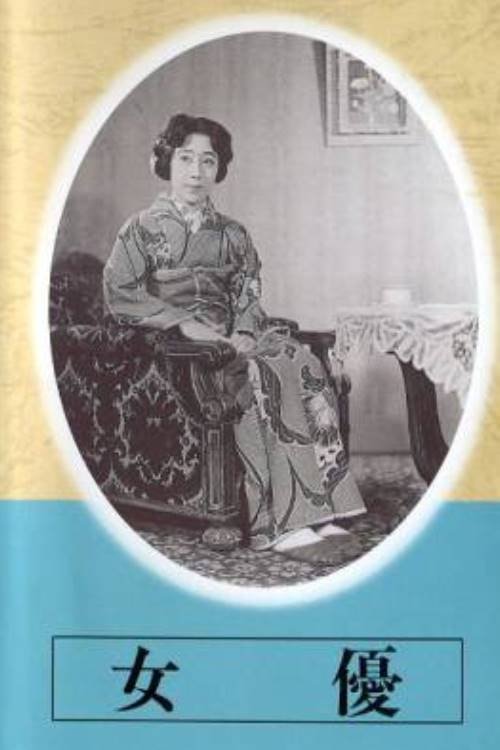
Actress
Character: Shirō Haruta
Sumako, a country girl, becomes a great actress with the help of Hogetsu,a scholar who brought some of European realism to the Japan's stage. The relationship leads to the end of his marriage and the breakup of his Arts Society. This is another version of Kenji Mizoguchi's film "The Love of Sumako the Actress" ("Joyû Sumako no koi"), from the same year. Both tells the story of the famous actress Sumako Mitsui (1886-1919), considered the first great modern theater actress in Japan. Mizoguchi him...
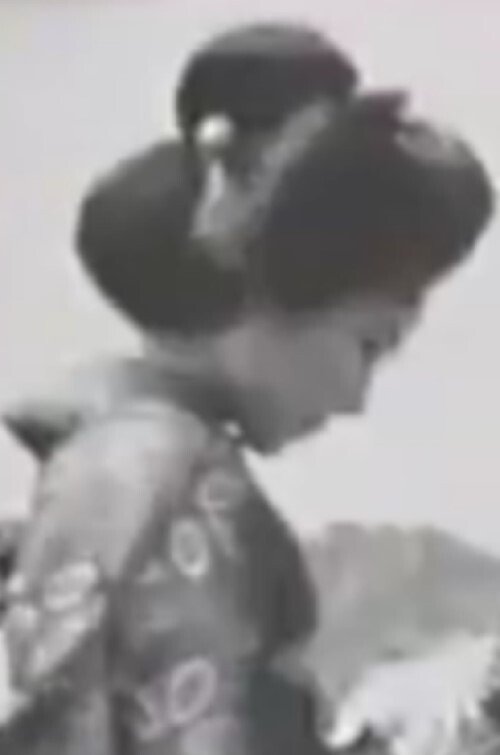
Flowers Blooming In the Storm
Character:
Jidaigeki from 1940...
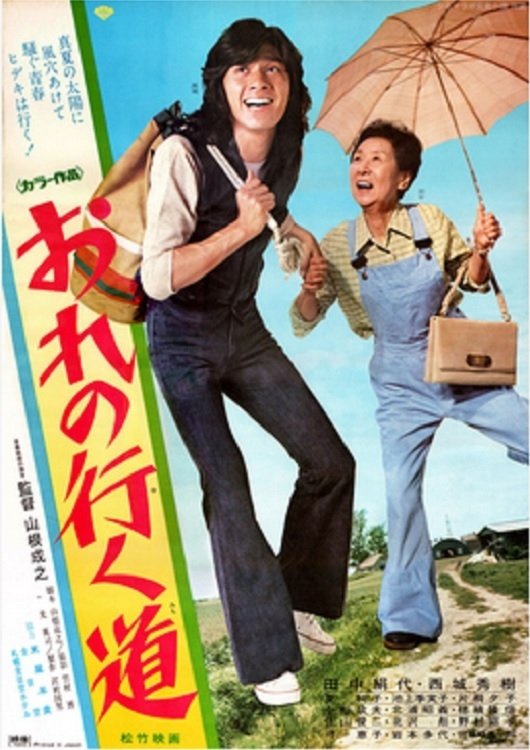
Let's Go, Grandma!
Character:
Let's Go, Grandma! plays like an exuberant, goofy update to Yasujiro Ozu's Tokyo Story. Kinuyo Tanaka plays the titular Grandma, who, after selling her Hokkaido property, is apparently flush with cash but newly homeless. Her grown children take turns hosting her, making extravagant performances of filial devotion with an eye to potential profit. Making use of a catalog of wacky visual effects, bracketed by gratuitous ham-fisted fight scenes, and costarring pop singer Hideki Saijo, the film is ba...
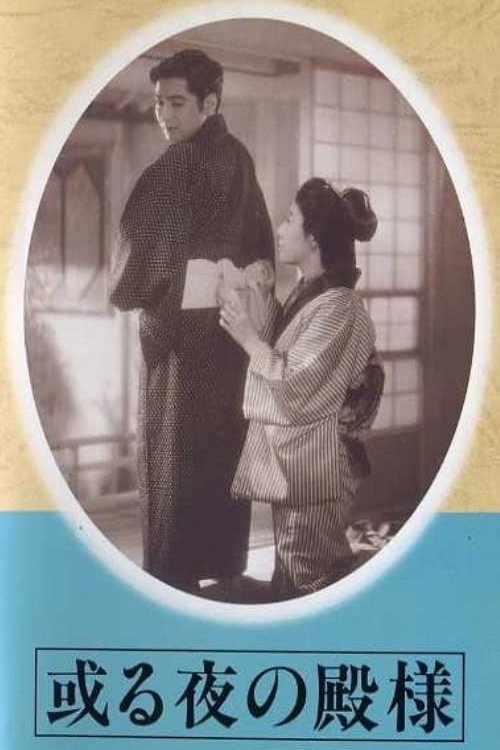
Lord for a Night
Character:
In 1887, two businessmen, Echigo-ya and Kitahara, compete for railroad construction authorization from the government. The minister states that a local noble must not object, and his missing younger brother is the only one who could sway him. Meanwhile, Omitsu, a hotel employee tired of Echigo-ya’s wife’s arrogance, teams up with Kitahara to stage a scheme where a vagrant young man pretends to be the noble’s lost brother, aiming to trick and embarrass the wealthy woman....
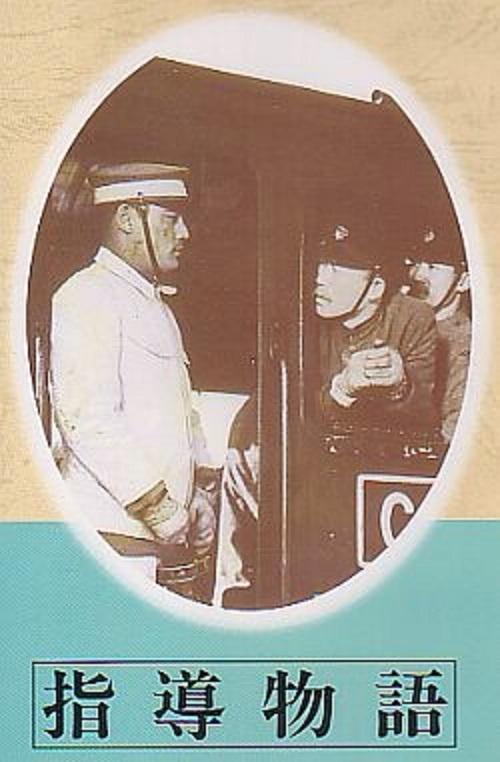
Story of Leadership
Character:
In this semi-documentary, an older locomotive driver is tasked with training younger ones and is currently training two in particular. The old man is finding the task overwhelming as it is hard work with practical lessons and classroom components. His wife has died, but he has three daughters with the oldest taking care of her younger siblings....
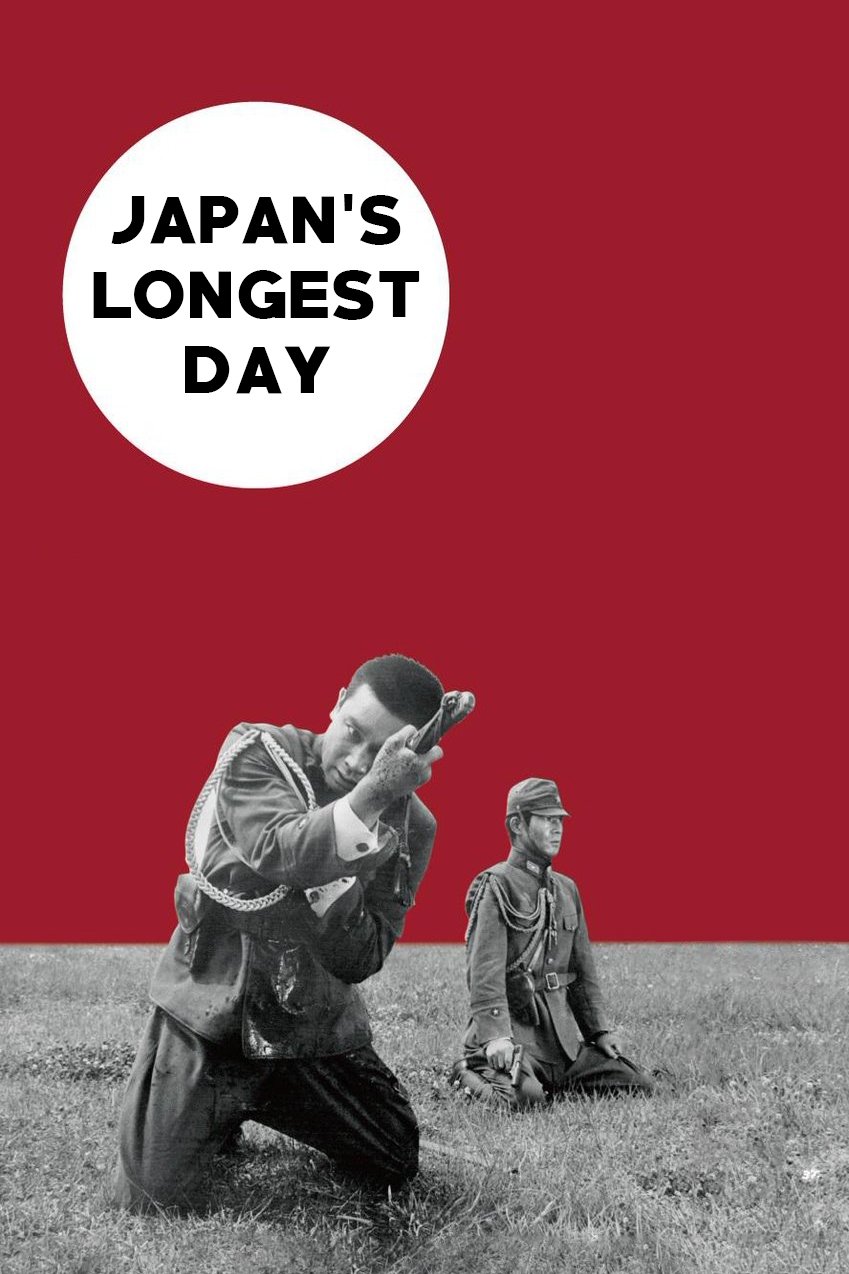
Japan's Longest Day
Character: Minister of Finance Hosaku Hirose
Following the detonation of the atomic bombs on Hiroshima and Nagasaki, the Japanese military and the government clash over the demand from the Allies for unconditional surrender. Minister of the Army Anami leads the military officers who propose to fight on, even to the death of every Japanese citizen. Emperor Hirohito, however, joins with his ministers in asking the unthinkable, the peaceful surrender of Japan. When the military plots a coup to overthrow the Emperor's civilian government, Anam...
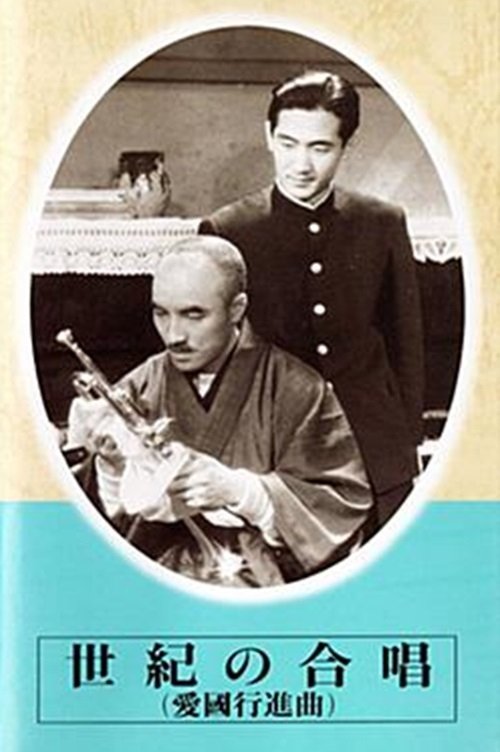
Chorus of the Century--Patriotic March
Character: eldest son
A biographical film chronicling the life of composer Setoguchi Tōkichi (1868-1941) from his early days as a clarinetist in the Imperial Japanese Navy band to his later years when his music, in particular the famed “Warship March” (Gunkan kōshinkyoku), surged in popularity....
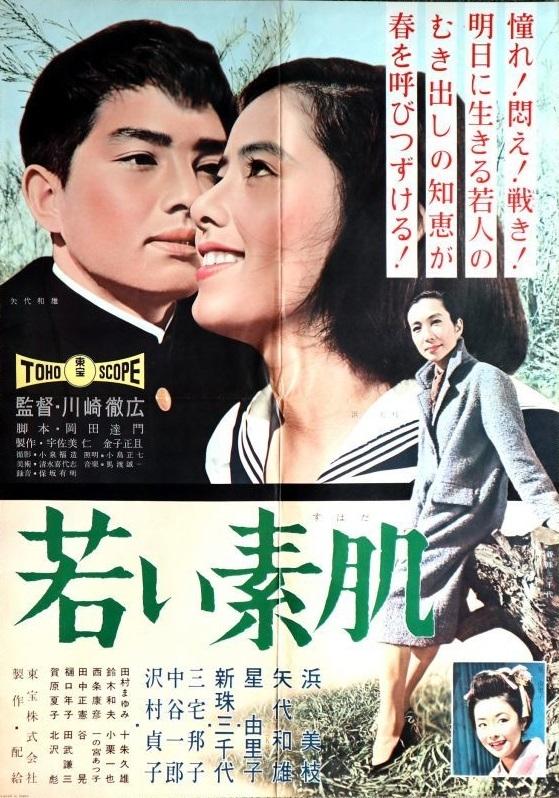
Wakai suhada
Character:
1960 Japanese movie...
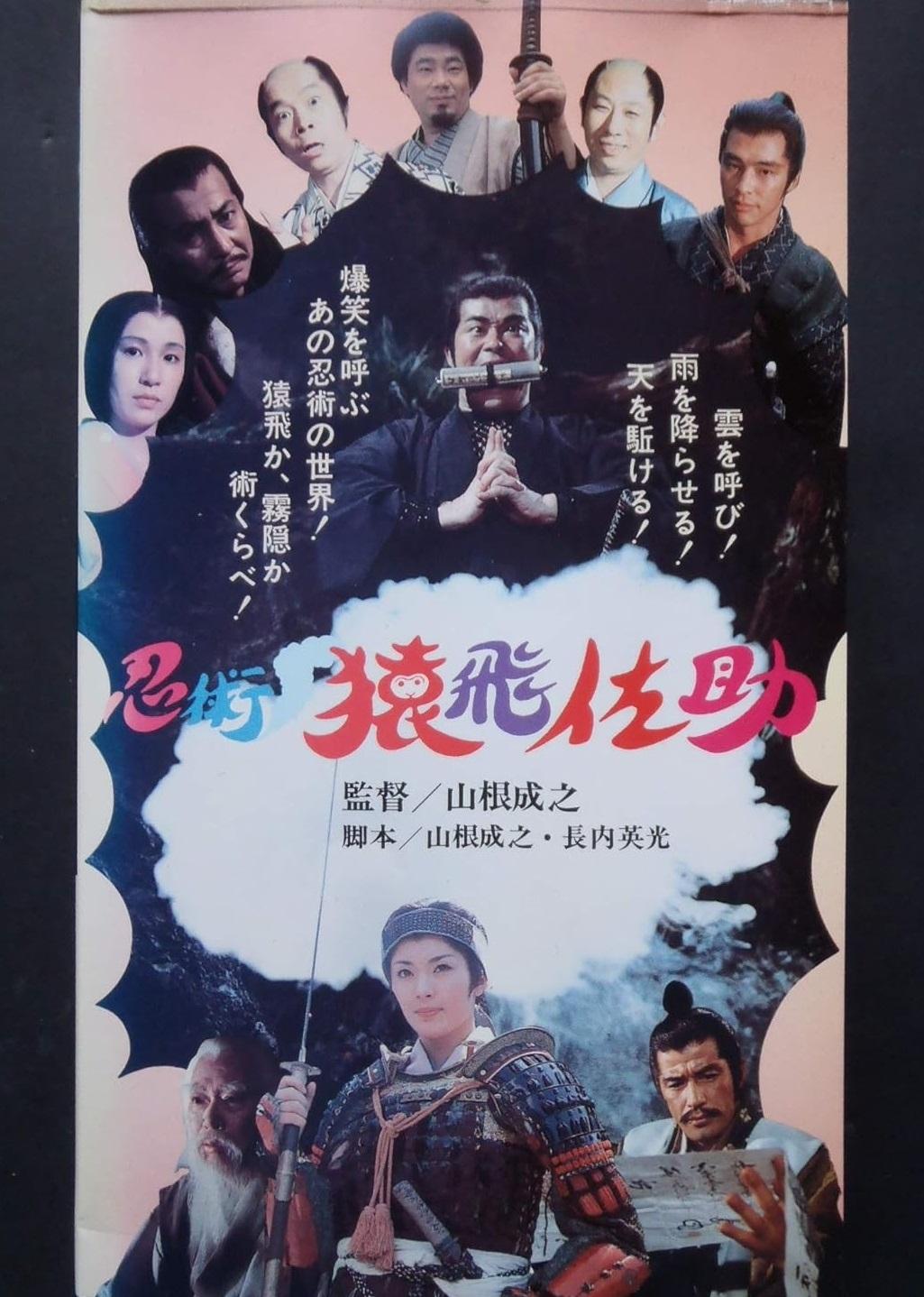
忍術・猿飛佐助
Character:
...
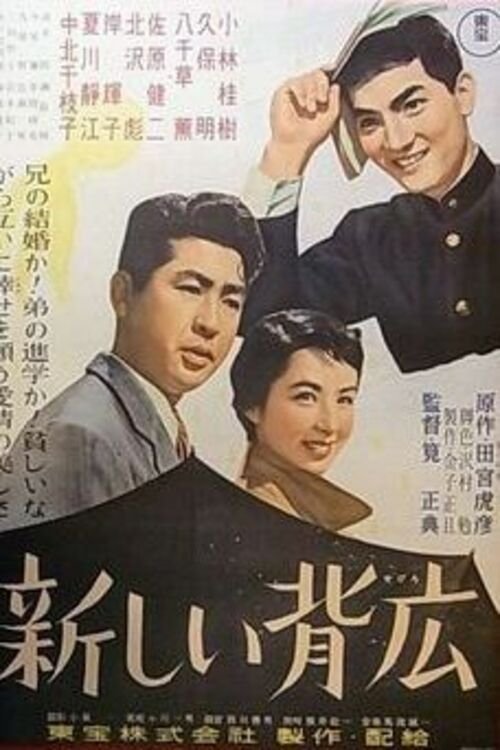
Atarashii Sebiro
Character:
This movie depicts poor yet kind and modest people, focusing on sibling love....